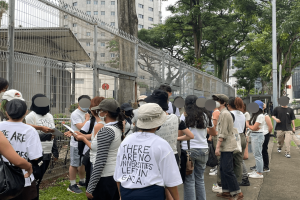Top Image: NTUSU / Facebook
Like every other ambitious undergraduate in their first year, I was determined to make a name for myself. I looked no further than the chance to join the lowest ranks of the student union at NUS and climb the ladder.
It didn’t bother me that I barely knew how the organisation worked. Or what the union did, for that matter. I was looking to pad my resume—rack up a list of lines I could add to the blank canvas that was my CV. And I assumed other applicants were doing the same.
Nevertheless, I was still enamoured with the idea of “making a change”, whatever that might mean. And I assumed the student union, with its regular face time with upper management and financial resources, would be the best place to do that.
In my one-and-a-half-year career with the union’s public relations branch, however, what struck me was how distant the student union was from the students it was representing.
But we can’t put the blame on the student union entirely. Aside from welfare pack giveaways, undergraduates had more urgent things to worry about—like assignment deadlines or whether they’d ever get a seat next to their crush in a lecture.
As I reflect on my limited experience in my school’s student union (admittedly, I wasn’t the most active member), I’m not surprised about the current saga with the NTU Student Union (NTUSU).
Ethan Ong, a former student leader of NTUSU, was punished for an “alcohol-related” incident that involved intoxicating his junior. During a drinking session on October 2022 on campus grounds, he allegedly plied a fellow student union member alcohol until she passed out. He told her, as he continued giving her alcohol, that it was just water.
Despite that controversy, he was allowed to contest for the presidency of the student union the following year.
The issues surrounding our university student unions—a lack of real engagement with students, inadequate representation of the larger student body, and conflicting interests—enabled something like this to happen. Similar incidents will continue if things don’t change.
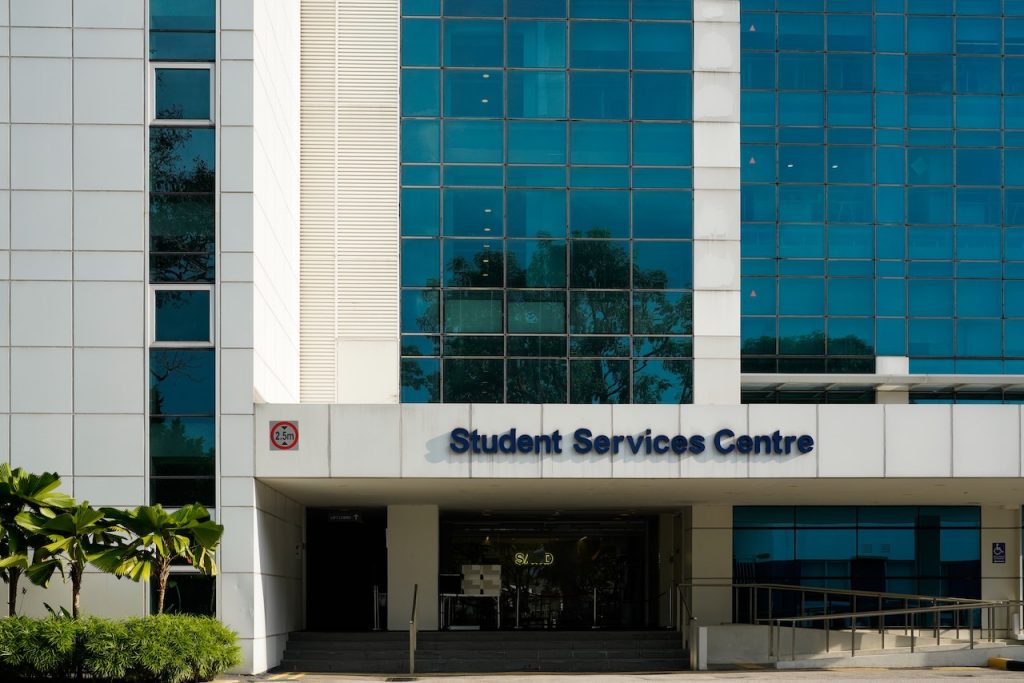
What’s Wrong With Student Unions These Days?
In a statement to The Straits Times, Ethan graced the public with his version of events. He staunchly denies any intention to deceive, chalking his actions to a regrettable lapse in judgement rather than malice.
What’s noteworthy here is the apparent lack of enforcement of consequences; Ong was allegedly allowed to continue working on activities in his capacity as a member of the Student Union. Despite his actions being labelled as “overboard” by the Student Union’s disciplinary committee, Ong seems to have walked away unscathed.
This lack of accountability sends a disconcerting message to the student body—it’s almost as though having the right connections grants you the ultimate get-out-of-jail-free card.
You might land yourself in some charges and a formal investigation, but they will only go so far. It’s not only about formally being found guilty; it’s also about creating real consequences for your actions. For Ethan, real consequences took much longer to set in.
It speaks volumes to the amount of confidence students will subsequently have in their institution. One NTU student, Rachel, hits the nail on the head.
“Seeing how the union allowed him to be a nominee, it’s clear that NTUSU isn’t invested in prioritising the interests of their fellow students.”
Rachel’s concern about the NTUSU’s oversight in vetting nominees carries weight. The union’s purpose is to safeguard students’ concerns. And if they are allowing students with questionable track records into potential positions of power, then their commitment comes under serious question.
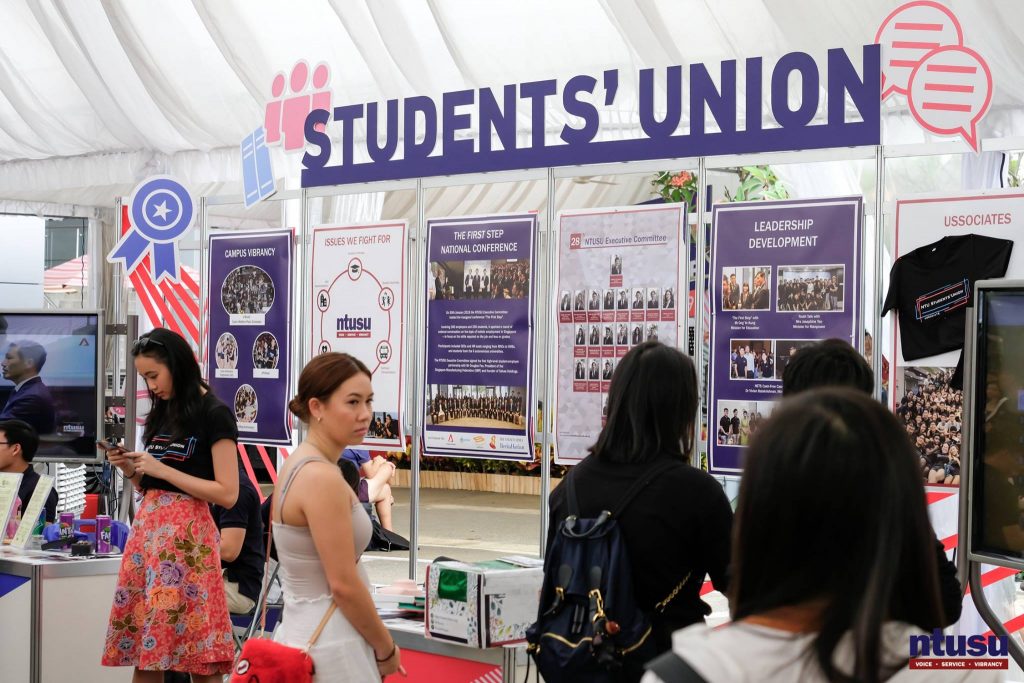
A Festering Problem
The student union is inextricably tied to a conflict of interests. It’s linked closely enough with the university that it has an interest in maintaining and protecting the university’s image and reputation; a blemish for the student union is easily seen as a stain on the school’s permanent record.
At the same time, as the overarching representative of the school’s student body, the student union must represent the interests of the students it serves. A good example: The recent installation of sanitary napkin vending machines in NUS, led by its student union, to improve students’ welfare.
And in most cases, those goals don’t align. Bringing up these issues to upper management would reflect the inadequacies of the student union body itself. In a bid to navigate their obligations to both parties, student unions may find themselves treading lightly on contentious issues, or worse, avoiding them altogether. Essentially, toothless.
Elijah, a 21-year-old student at NTU, asserts that SUs will continue to serve the interests of the school administration over those of the students. As long as the very structure of student unions remains tied to the school, it’s only inevitable that their hands will be tied towards serving those in power.
In my student union career, I was tasked to solve that problem: To close the distance between the student union, the students, and the administration at the university.
However, “outreach” events only worked so well—peers came for the freebies, rarely for the purposes of relaying genuine feedback to upper management. “Feedback is futile,” they’d say as they help themselves to free notepads and phone accessories.
Those pointed remarks might stem from the cynical view: “resume-padders”, as we’ve come to call them, occupy the ranks of the student union. Self-interest undergirds the motivation to serve. Genuine care for student welfare can be found but is largely overshadowed.
While there’s nothing wrong with “padding your resume”, if the work to actually improve student welfare gets done, what happens is that the larger student body disengages from the student union.
When this happens, student unions lie relatively unchecked, forming a microcosm of society’s closed circle of elite decision-makers. Unchecked power then raises the question: Do student unions represent the students’ interests or the students who happen to make the right political moves?
The case of Ethan Ong seems to tilt the answer towards the latter. Despite a disciplinary committee finding his actions “overboard”, Ethan was allegedly allowed to continue his work as a student leader during his suspension. There was hardly any enforcement of consequences for his actions.
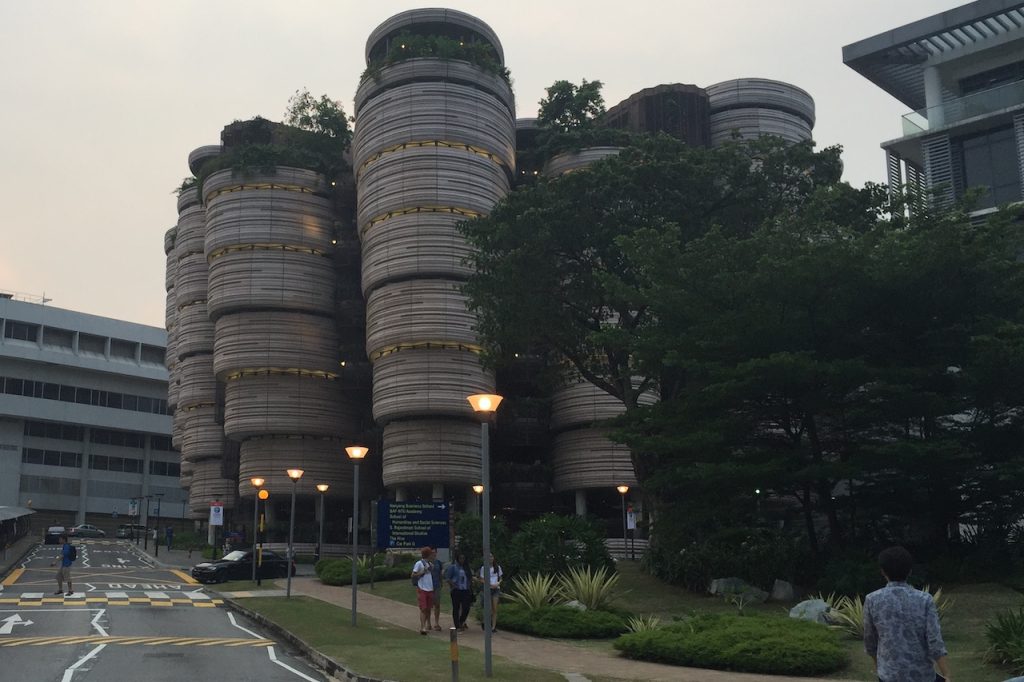
How Did Student Unions Lose Their Bite?
One of the ways to restore the correct balance is to remind those in high places—the student union, more specifically—the historical roots of the organisation they now serve.
Unlike their more-than-lacklustre performances now, student unions were once active as political organisations. From 1974 to 1975, a former rendition of the NUS Student Union rallied students in their pursuit to make the university more “socially relevant”.
Leaders of the University of Singapore (the predecessor to NUS) Student Union—Juliet Chin and Tan Wah Piow—organised protests against various issues, ranging from the increased public bus fares to fairer treatment for retrenched and unemployed workers.
However, this fall from grace isn’t exactly the student unions’ fault. Blaming Student Unions for their perceived “toothlessness” is to miss the bigger historical picture behind their decline.
In his book, Kent Ridge, An Untold Story, scholar Kevin Y.L. Tan propounds that the original layout of NUS Kent Ridge campus was designed in the 1970s to hamper organisation among students for potential protests.
He points out that the perching of the Student Centre on a ridge makes it challenging for students to congregate. By doing so, it effectively cuts off the crucial ingredient necessary for protests: Space.
Over the years, as student unions became increasingly co-opted by their larger institutions in exchange for funding and organisational support, they found themselves gradually giving up their political edge. This undermines their ability to take decisive actions in cases like Ong’s, where issues of socially relevant accountability are at the forefront.
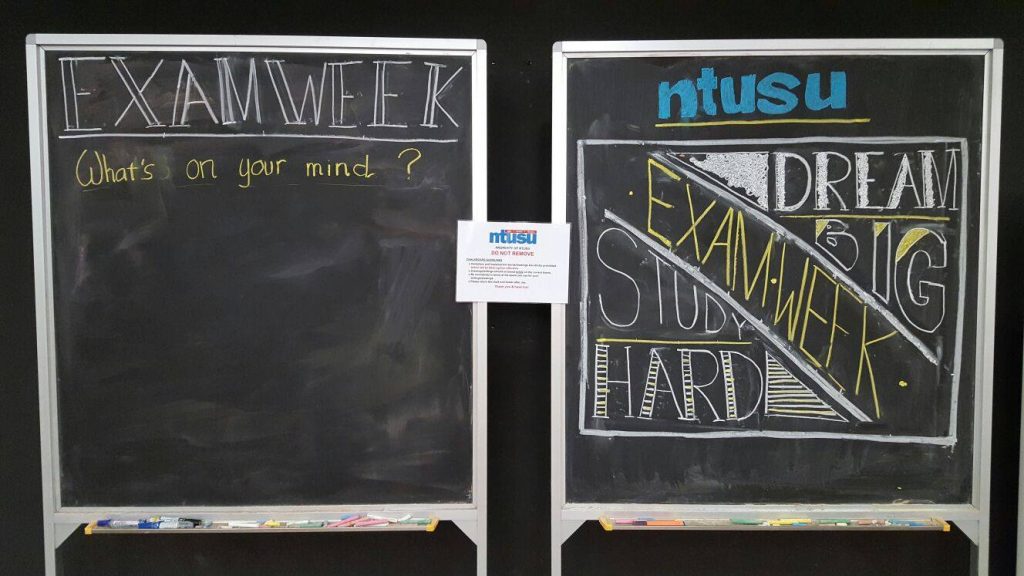
Back to School For Student Unions
Gone are the days of radical student activism from Singapore’s student unions, but its current renditions can take a page out of their ancestors’ playbook. Can you really blame the students for being indifferent when the union that represents them seems closed and cut off?
If I learnt anything from my experience in a student union, I regained my conscience and that student unions should first represent their students before representing their institutions.
And if NTUSU had abided by those principles, perhaps Ethan would have faced bigger consequences even before the media attention.
Similarly, if student unions such as NTUSU continue to represent the interests of the few over the many, students can be comforted by the fact that they got their money’s worth: An education of what it’s probably like in the “real world”.





